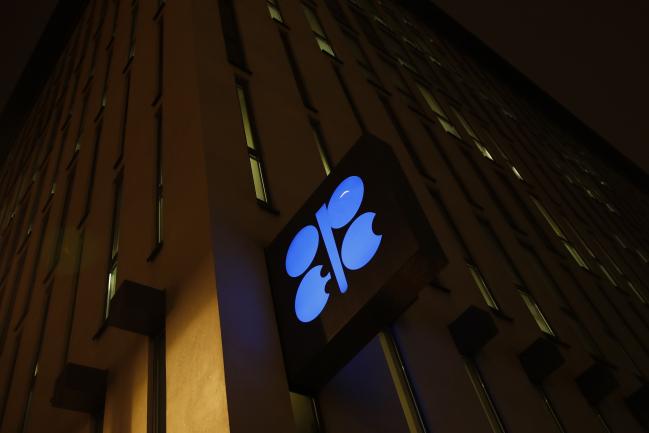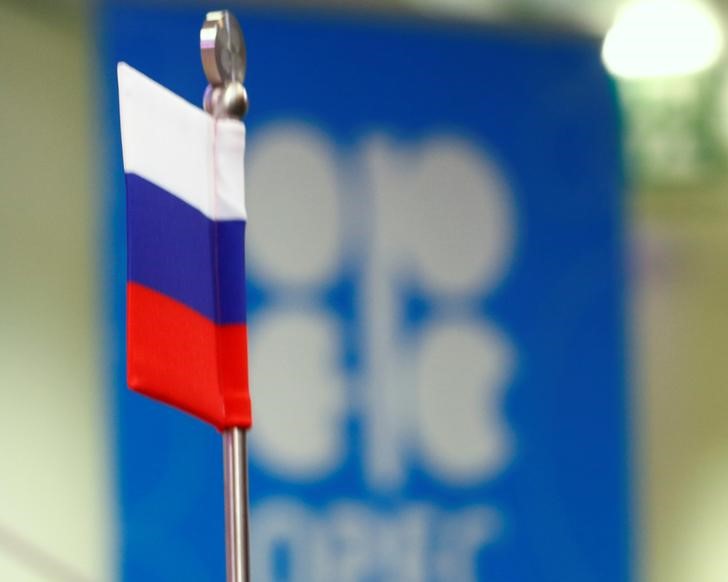(Bloomberg) -- OPEC+ ministers talked openly about the possibility of tweaking their oil-cuts deal, the latest signal that the group is reconsidering plans to hike production in January.
“With the consensus of everybody, we could navigate with this agreement and tweak this agreement, subject to what we may see in the future,” Saudi Energy Minister Prince Abdulaziz Bin Salman said at a virtual session of the Abu Dhabi International Exhibition and Conference on Monday.
The OPEC+ alliance, led by the Saudis and Russia, has already indicated it may need to defer the production increase as the resurgent pandemic inflicts a fresh blow on demand and prices. The group is currently scheduled to restore about 2 million of the 7.7 million barrels kept offline, and will meet on Nov. 30 to Dec. 1 to make a decision.
OPEC+ has demonstrated it will do what it takes to keep markets balanced, United Arab Emirates Energy Minister Suhail Al Mazrouei said at the same event. Russian Deputy Energy Minister Pavel Sorokin observed that it will take two to three years for global demand to return to pre-virus levels of about 100 million barrels a day.
Prince Abdulaziz said the group’s next move could go “beyond” what oil analysts are expecting. One possibility he raised was to extend the overall agreement to restrain supply beyond its scheduled expiry in April 2022.
The UAE, while agreeing that OPEC+ can adjust the agreement, also injected a note of ambivalence. The producer is among those in the group currently obligated to make additional cuts to compensate for a period of excessive production.
“We have the ability to tweak if we have to tweak, but that will have to go to all the countries and we have to be all convinced that tweak is required,” Mazrouei said.
Yet momentum across the coalition for an adjustment does seem to be building.
Algeria, which this year holds the OPEC presidency, said last week that both Saudi Arabia and Russia were pressing fellow members to prolong the current oil-supply cuts into next year, rather than tapering them as planned. Algeria supported the proposal, the first country to publicly do so.
Brent crude futures were trading above $42 a barrel on Monday, rallying as much as 9.3% on news that a vaccine for Covid-19 -- being developed by Pfizer Inc. (NYSE:PFE) and BioNTech SE (NASDAQ:BNTX) -- prevented more than 90% of infections in a study. That still leaves prices far below the level most OPEC nations need to cover government spending.
(Updates with additional comments, Brent price move.)
©2020 Bloomberg L.P.

